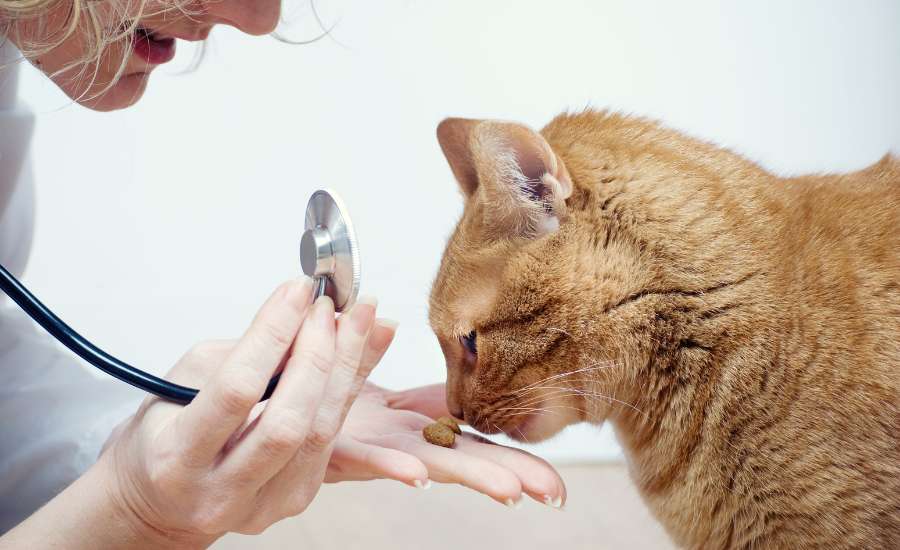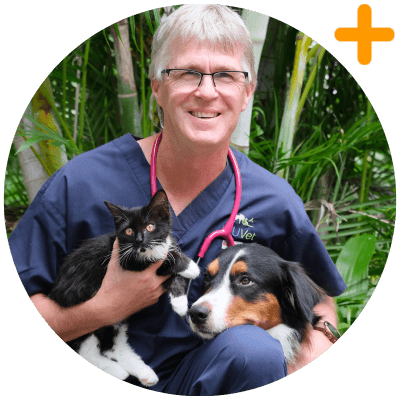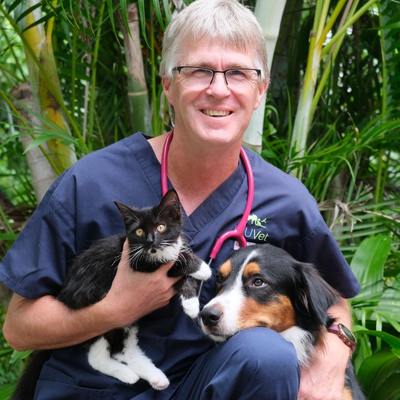Neonatal Emergencies
Neonatal patients are different! They lack physiological reserve to cope with disease and stress, have high demand for fluid and glucose, and a limited number of clinical signs they are able to show when they are unwell.
- 6 Structured CPD Points
- RACE Non-Interactive CE
- Ideal for Veterinarians
- 4 Months Access
10% early bird discount

COURSE FEE
AUD 199
Training 5 or more people?
Enroll 5 or more members of your practice and avail a special discount on the course fee!
This course includes:
- 4-month access to your course! Sign up now, and get 120 days to complete your course!
- Course ebook: your course notes are provided in a convenient pdf ebook that you can download to your device - meaning your notes will be wherever you are!
- Extra resources: your course notes are just the beginning. We have provided extra reading materials, journal articles, and other information to enhance your learning experience.
- Tutorial Recordings: we have made available, recordings from live tutorials held during the 2023 synchronous version of this course. Simply click on the link to either view or download the MP4 recording to your computer or device!
- Quiz assessment: To help enhance your learning experience, there is a timed quiz for you to take. You can take the quiz at any time over the 6 weeks you have course access.
- CPD certificate: On successful completion of your course quiz, you can download your RACE-approved CPD certificate - so you get the CPD credit you deserve.
What you'll learn
This intensive short course is packed with essential information that will help you understand these critical patients better, and to be able to treat them more effectively when they are in your clinic. Over 3 tutorials, we’ll cover the normal neonate, the approach to the sick neonate, fluid therapy, and management of specific neonatal conditions, including sepsis, toxic milk syndrome, neonatal isoerythrolysis and much more!
This tutorial will cover the normal neonate – including basic physiology, blood profile characteristics (blood lactate, packed cell volume, coagulation etc.), as well as the influence of neonatal physiology on pharmacology and drug dosing.
This tutorial will cover the general approach to the sick neonate, including patient evaluation, diagnostic tests (and their interpretation); and the provision of general supportive care, including nutritional support, fluid therapy, and glucose and electrolyte disorders, among others. We’ll conclude the tutorial with a look at how to determine neonatal survivability using scoring systems such as the APGAR system.
This tutorial will look at specific diseases of the neonate, including respiratory disease, cardiac diseases, toxic milk syndrome, neonatal isoerythrolysis, septicaemia, umbilical infections and many more!
Speaker
Course Reviews
"Hello Phil and thank you so much for another wonderful course! I really enjoy learning from you - your teaching technique is fabulous and the resources and notes you provide are just so informative!"
"Thanks so much for all your advice and teaching. With so much information around these days, your evidence-based clarification goes a long way! You and your work are very valued at this practice."
"Thank you for your wonderful resources and course. It is fantastic to be able to access it in such a flexible manner. I got a lot out of your notes, presentations and extras that I will refer to often in my work."
"I want to acknowledge and thank you for the tremendous amount of quality information you have imparted to us during this course."
Don't miss out on this exciting learning opportunity!
10% early bird discount

COURSE FEE
AUD 199
Training 5 or more people?
Enroll 5 or more members of your practice and avail a special discount on the course fee!


